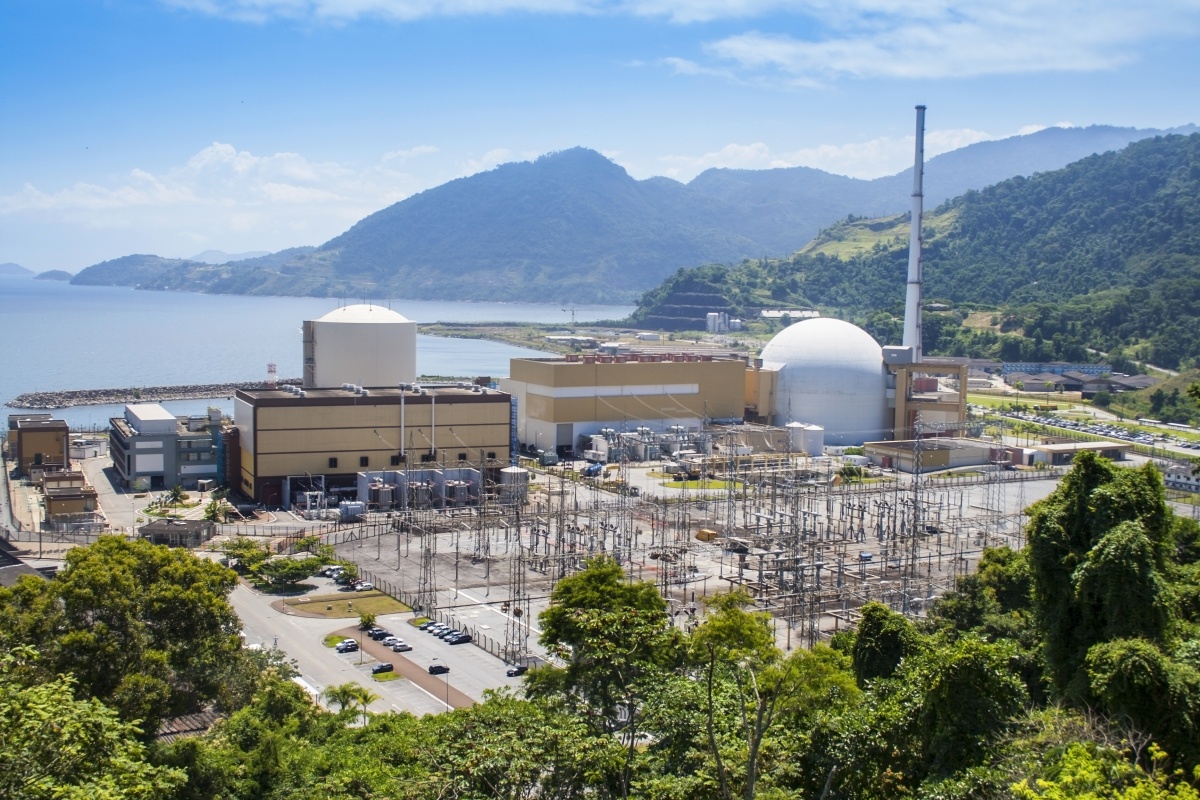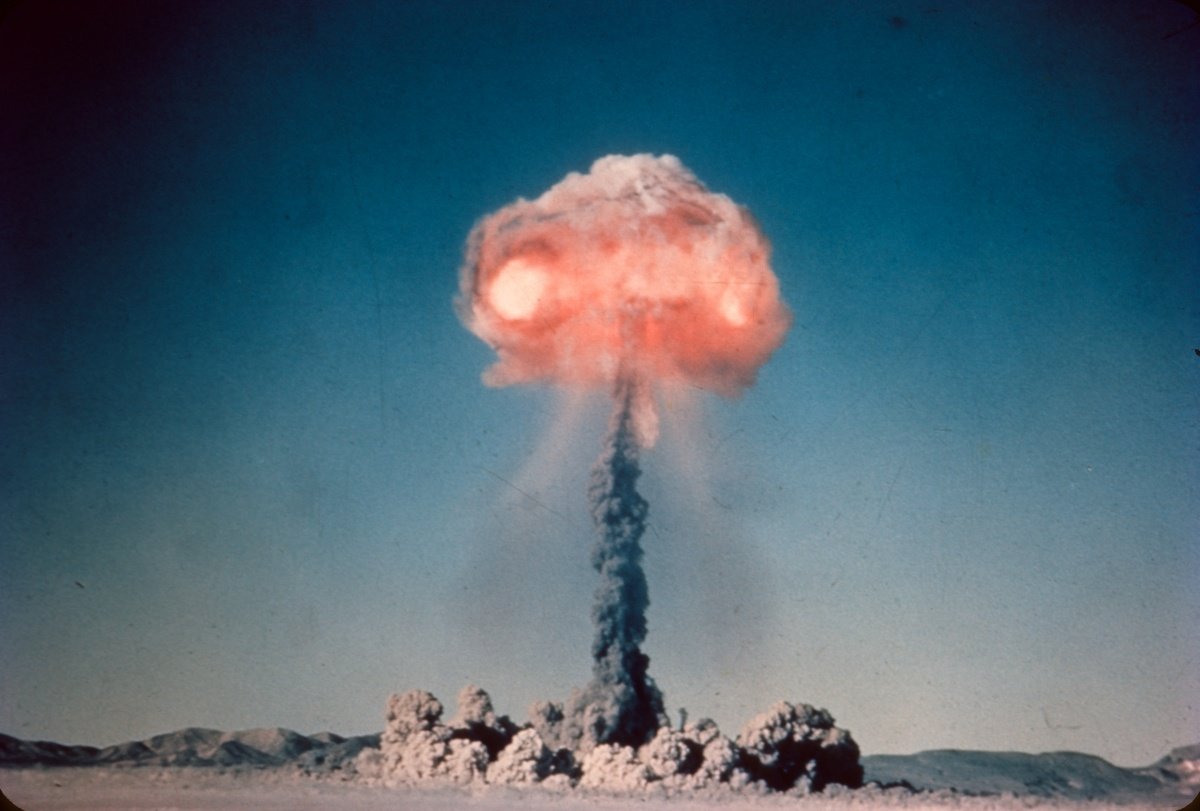The quest to develop a fully independent nuclear program has long been the passion of many Brazilian political, scientific, economic and military authorities. But can Brazil develop nuclear weapons?
Treaty on the Prohibition of Nuclear Weapons
In 1998, Brazil signed the Nuclear Non-Proliferation Treaty (NPT), aimed at limiting the proliferation of nuclear weapons, including three elements – created in 1968: non-proliferation, disarmament and peaceful use of nuclear energy.
The 2010 NPT Review Conference expressed deep concern about the continuing risk to humanity. the use of weapons and the devastating humanitarian consequences of their use..
These concerns motivated a group of states to hold a series of three conferences in 2013 and 2014 on the humanitarian consequences of the use of nuclear weapons.
Following the 2015 NPT Review Conference, these and other states – including Brazil – agreed to form an open working group to discuss multilateral disarmament negotiations going forward in 2016.
The group spearheaded the formulation of the UN General Assembly’s decision to start negotiations in 2017 on a treaty banning nuclear weapons – the Treaty on the Prohibition of Nuclear Weapons (TPNW).
entry It will enter into force in January 2021 and is the first legally binding multilateral instrument for negotiated nuclear disarmament in 20 years..
TPNW reinforces states’ commitment to the Nuclear Non-Proliferation Treaty (NPT) and the Comprehensive Test Ban Treaty (CTBT).
Prohibits the development, testing, manufacture, manufacture, purchase, possession, storage, parking, deployment, use, threatened use, transfer or acquisition of nuclear weapons, and prohibits aiding, promoting or encouraging any prohibited activity.
In addition, it includes provisions for victim assistance and environmental compensation. It was the first treaty to recognize the disproportionate impact of nuclear weapons on indigenous peoples and women.
Brazil’s role
The first negotiations with the UN mandate for the Nuclear Weapons Ban Treaty began in February 2017, and the first round of discussions took place in March of the same year.
Brazil participated in the TPNW negotiation at the United Nations in New York in 2017 and was among the 122 states that voted to adopt it.
In 2017, Brazil signed the Nuclear Weapons Ban Treaty, but did not ratify it.
Brazil, together with Austria, Ireland, Mexico, Nigeria and South Africa, formed a “core group” of states that played a leading role in conducting the negotiations and ensuring the success of the agreement.
Brazil is committed to non-proliferation of nuclear weapons. In addition to the NPT and TPNW, it is a party to the Treaty on the Prohibition of Nuclear Weapons in Latin America (Tlatelolco Treaty) and the Treaty on the Complete Non-Proliferation of Nuclear Weapons.
How is the Brazilian nuclear program?
In the late 1930s, theoretical research on nuclear energy began in Brazil. Over the next decade, the country began providing mineral resources to US experimental nuclear projects, such as the Manhattan Project, which produced the first atomic bombs during World War II.
Admiral Álvaro Alberto presented the first proposal for Brazil’s nuclear development to the National Security Congress (CSN) in 1947. A few members enthusiastically endorsed the proposals, however, perhaps due to pressure from the United States, President Eurico Gaspar Dutra delayed implementation of the plan until the end of his government, when the National Research Council (CNPq) was formed in January 1951. Direction of Álvaro Alberto.

To accelerate Brazil’s nuclear development, in 1952 President Getúlio Vargas approved a cooperation plan with foreign countries for the purchase of all phases of nuclear power generation, the construction of facilities and the training of nuclear scientists.
With the new president of Brazil from 1954, Brazilian nuclear policy changed drastically. The country “started to seek cooperation with Washington under its program”Atoms for peace”.
In 1956, as a result of the decisions of the Parliament’s Research Commission on nuclear energy, the Brazilian National Security Council and the new President Juscelino Kubitschek adopted a new nuclear power plan.
While plans for the development of an extensive indigenous Brazilian nuclear industry were ambitious, Brazil’s nuclear activities were limited to research.
Despite all the changes and twists, the Brazilian nuclear program is well developed and Brazil has good reserves of uranium, graphene and niobium, materials used in the nuclear industry.
Source: Tec Mundo
I’m Blaine Morgan, an experienced journalist and writer with over 8 years of experience in the tech industry. My expertise lies in writing about technology news and trends, covering everything from cutting-edge gadgets to emerging software developments. I’ve written for several leading publications including Gadget Onus where I am an author.












